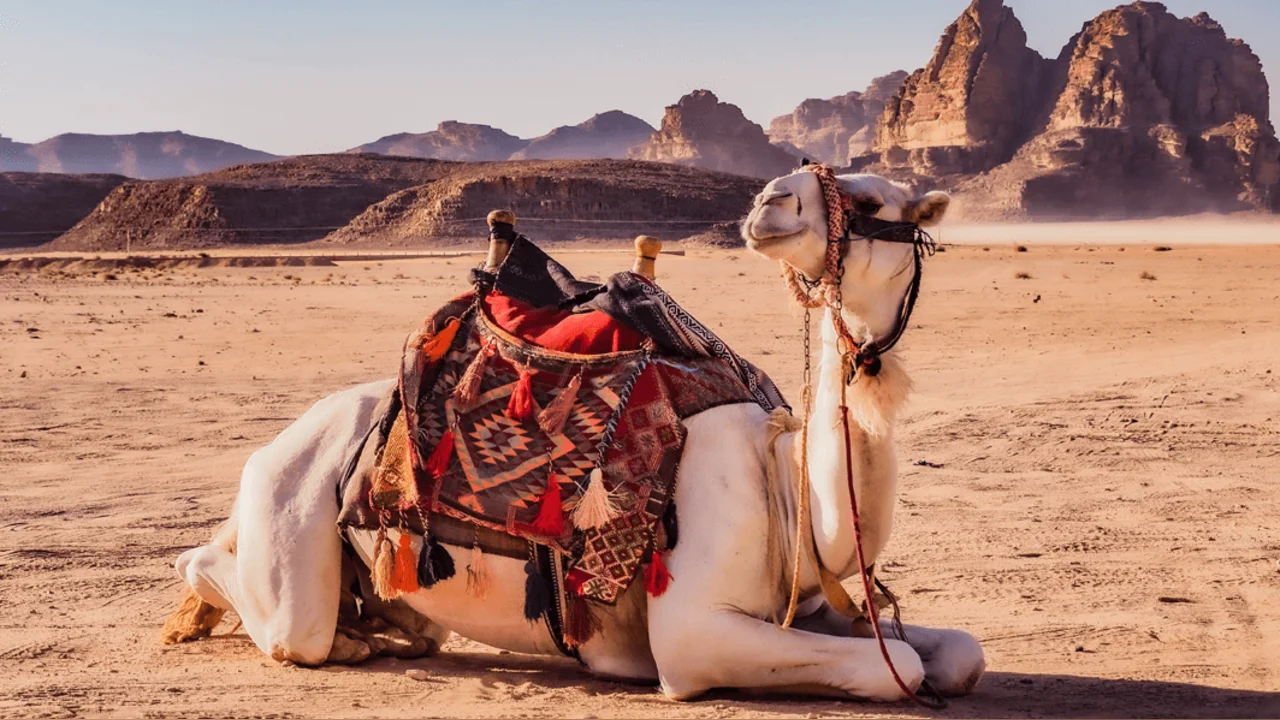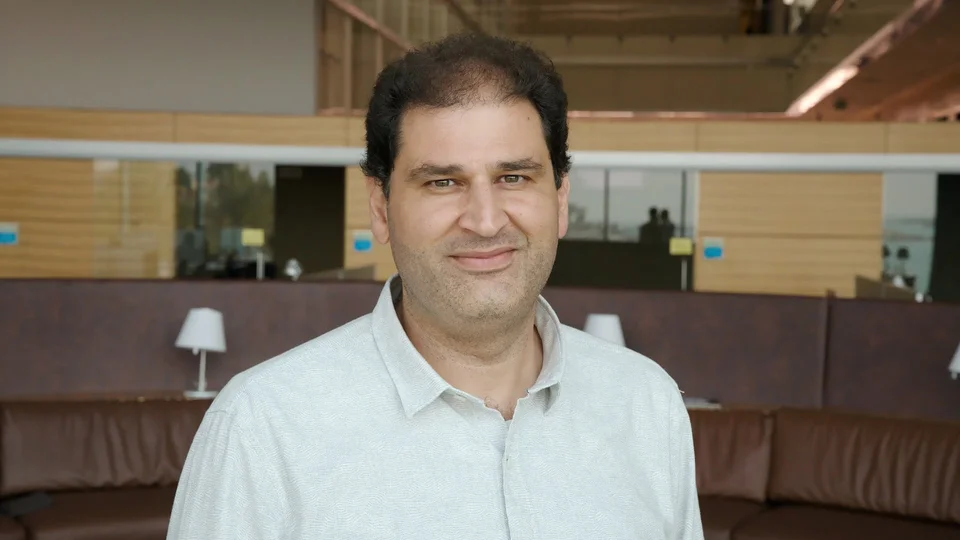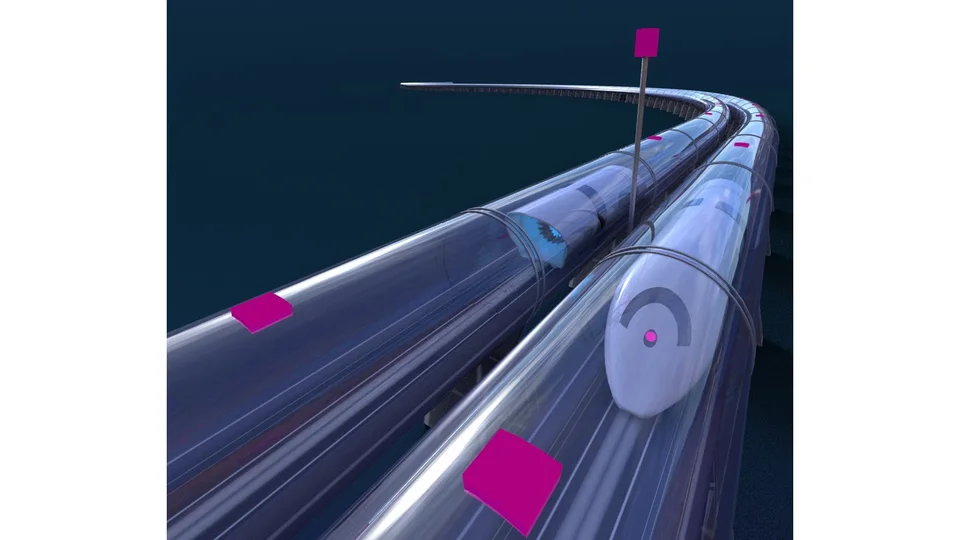
Artificial intelligence takes to the skies to protect a Saudi tradition
KAUST scientists develop an affordable and simple AI system for local camel herders
About
A research team at King Abdullah University of Science and Technology (KAUST) has created a low-cost, artificial intelligence (AI)–powered drone system that can recognize and track camels from the air. The system promises an affordable option for camel herders to continue one of Saudi Arabia’s oldest labors and scientists to learn more about camel migration patterns and habits.
Created by Professor Basem Shihada and his lab mates, the system uses inexpensive commercial drones and cameras to allow camel herders to track their camels in real time without relying on expensive GPS collars or satellite connections.
From the air, camels often blend into the sandy landscape, appearing indistinguishable from rocks or shrubs. In response, the team used a single drone-mounted camera to collect aerial footage of small camel herds in Saudi Arabia and then used machine learning to train their AI model. The model revealed new insights on the animals’ behaviors.
“We found their migration patterns were not random but showed identifiable patterns,” said KAUST scientist Chun Pong Lau, who was also involved in the project.
Read the full story on KAUST News.


